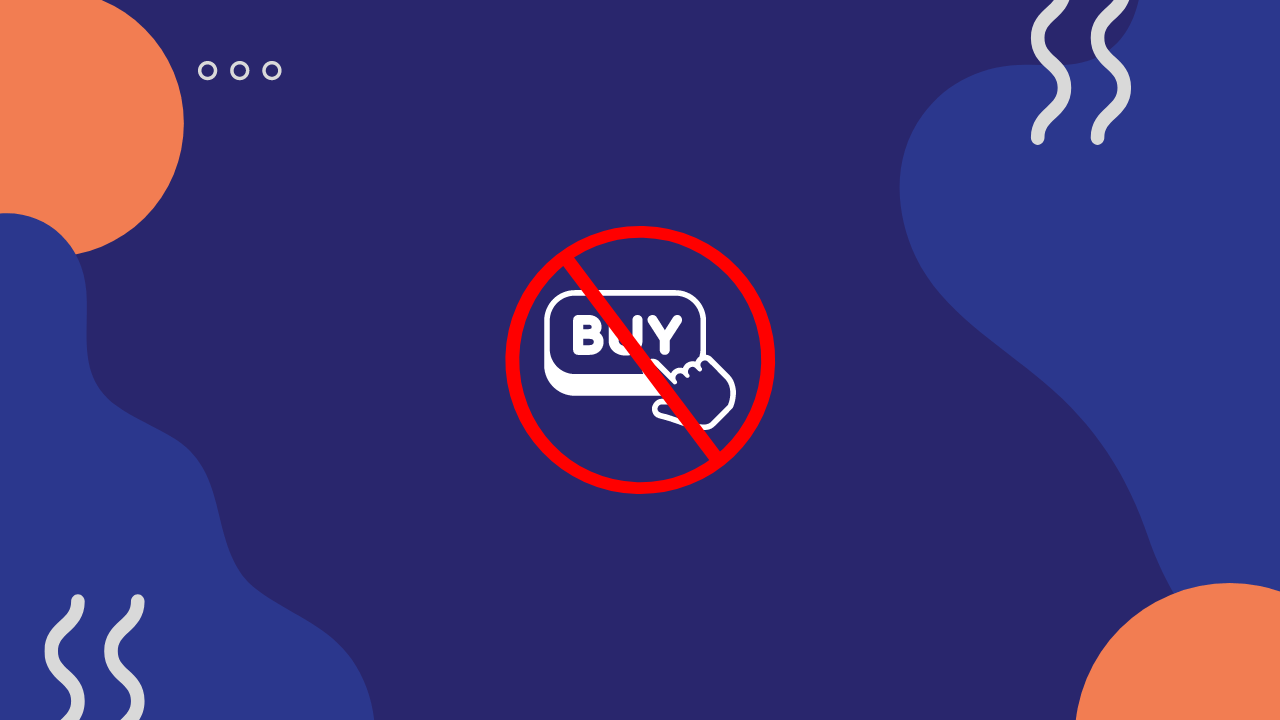Reevaluating your monthly spending is a crucial aspect of maintaining financial health. In this article, we’ll explore the reasons behind reassessing your expenses and provide practical steps on how to conduct a thorough review.
Why Reevaluate Monthly Spending?
Changing Financial Goals
As your financial goals evolve, so should your spending habits. Regular reassessment ensures that your budget aligns with current objectives, whether it’s saving for a home, investing, or paying off debt.
Adjusting to Income Changes
Fluctuations in income, whether due to job changes or other circumstances, necessitate adjustments in spending. Reevaluating helps you reallocate resources and maintain financial stability.
Identifying Unnecessary Expenses
Over time, unnecessary expenses may creep into your budget. Periodic reviews help identify and eliminate non-essential spending, freeing up resources for more meaningful financial goals.
How to Reevaluate Monthly Spending
Gather Financial Statements
- Collect Bank Statements: Review your bank statements to track all transactions and identify patterns in your spending.
- Credit Card Statements: Examine credit card statements to understand your credit utilization and categorize expenditures.
Categorize Expenses
- Fixed Expenses: Identify fixed expenses such as rent or mortgage, utilities, and insurance.
- Variable Expenses: Categorize variable expenses, including groceries, dining out, entertainment, and discretionary spending.
Analyze Spending Patterns
- Monthly Trends: Look for recurring patterns or trends in your spending. Are there months where certain categories consistently exceed budgeted amounts?
- Seasonal Adjustments: Consider seasonal variations that might impact certain spending categories differently throughout the year.
Assess Necessity and Value
- Necessary Expenses: Differentiate between necessary and discretionary expenses. Prioritize essential spending while scrutinizing non-essential costs.
- Value for Money: Assess whether your spending aligns with your values and brings genuine satisfaction. Eliminate or reduce expenses that don’t provide meaningful value.
Set Realistic Budget Goals
- Income and Expenses Alignment: Ensure your budget aligns with your current income. Adjust spending categories to match your financial capacity.
- Emergency Fund: Reevaluate your emergency fund goals and make adjustments based on changes in income, expenses, and financial goals.
Explore Cost-Saving Measures
- Subscription Audits: Review and cancel any unused or unnecessary subscriptions.
- Negotiate Bills: Contact service providers to negotiate lower rates on bills, such as cable, internet, or insurance.
- Bulk Purchases: Consider bulk purchases for items with long shelf life to save on regular grocery expenses.
Leverage Technology
- Budgeting Apps: Utilize budgeting apps that categorize spending, provide insights, and offer recommendations for improvement.
- Automated Savings: Set up automated transfers to savings accounts to ensure consistent contributions towards your financial goals.
The Benefits of Regular Financial Check-ups
Financial Awareness
Regular reassessment increases financial awareness, allowing you to make informed decisions and stay in control of your money.
Improved Budgeting Skills
Reevaluating spending hones your budgeting skills, helping you allocate resources effectively and achieve financial goals efficiently.
Enhanced Financial Stability
By identifying and addressing unnecessary expenses, you enhance your financial stability and create room for savings and investments.
Conclusion
Reevaluating your monthly spending is a proactive step towards financial well-being. Regular check-ups empower you to adapt to changing circumstances, align your budget with goals, and ensure financial stability.
Embark on the journey of reassessing your monthly spending with determination. The benefits extend beyond monetary savings, contributing to a more intentional and fulfilling financial life.
FAQs
- How often should I reevaluate my monthly spending?
- It’s advisable to conduct a thorough review of your monthly spending at least once a quarter, or whenever significant changes in income or financial goals occur.
- What tools can help with budgeting and expense tracking?
- Budgeting apps such as Mint, YNAB, or PocketGuard can assist in categorizing expenses, providing insights, and tracking your budget goals.
- How can I negotiate bills to lower expenses?
- Contact your service providers, express your loyalty, and inquire about available discounts or promotions. Comparison shop for better deals and consider bundling services for additional savings.
- What steps can I take to identify unnecessary expenses?
- Analyze your spending patterns, assess the necessity and value of each expense, and regularly review your subscriptions and discretionary spending for potential cutbacks.
- Is it necessary to reassess my budget if my income remains stable?
- Yes, reassessing your budget is still beneficial. Even with stable income, financial goals and priorities may change, and reassessment ensures that your budget remains aligned with your current objectives.




